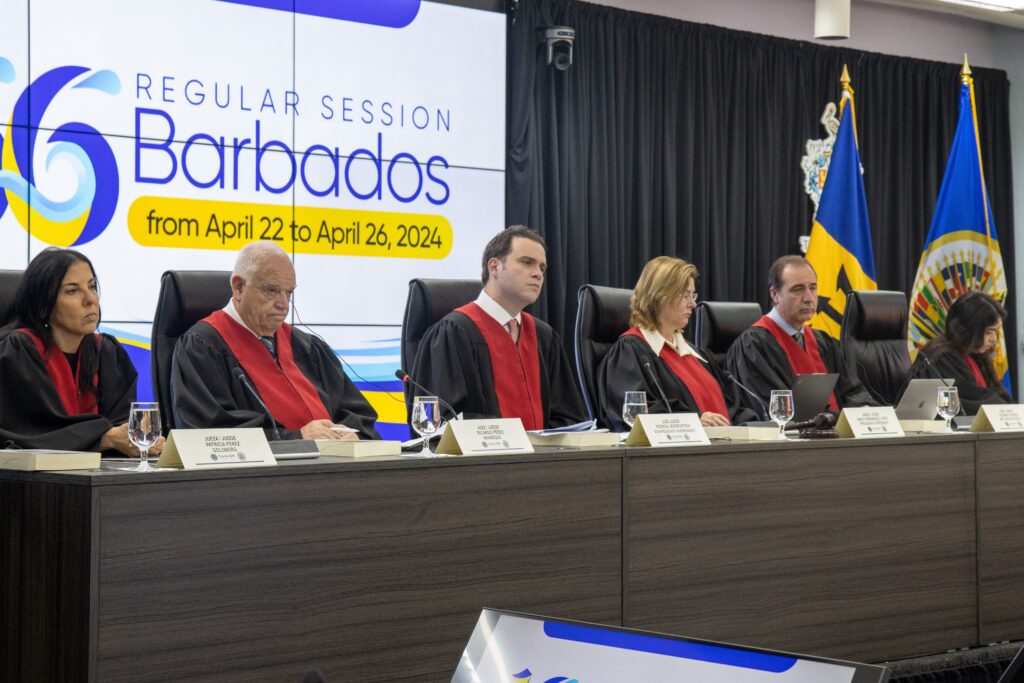After a week at the UNFCCC Conference in Bali, the international press reports slow progress on creating a follow-on agreement for the Kyoto Protocol, bemoaning that:
rich countries like US … Japan and Canada have led the campaign for the complete dismantling of the existing regime.”
As the Times of India reports, the original Kyoto agreement worked on the principle that wealthy countries, which had produced 70 per cent of the atmospheric CO2 overburden, should take the first steps to turn the problem around.
In practice, however, the United States – the richest country and the biggest CO2 producer in the world has refused to bind itself to any commitment, and Canada, which promised a six-per-cent CO2 reduction under Kyoto, has instead increased its emissions by 33 per cent.
Now, as The Hindu reports, it appears that rich countries are trying to pass the responsibility off on developing economies like India and China.
It is interesting – and reassuring – that (contrary to the North American agenda of inaction) China, for example, is already creating a climate change strategy designed to contain its emissions, despite its efforts to bring the nation out of poverty.
Subscribe to our newsletter
Stay up to date with DeSmog news and alerts






